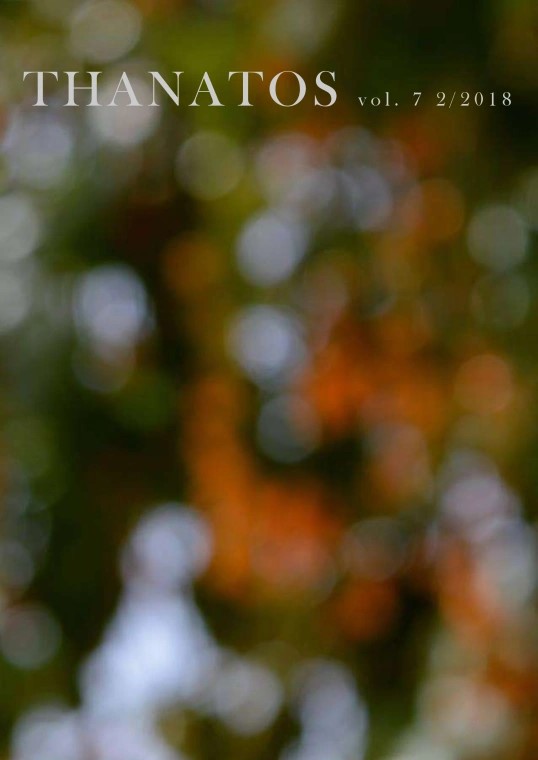Hajoavan muistin monumentit: Julfan hautakivien transformaatio
Abstract
The medieval khachkar (‘cross-stone’) field of Julfa in Nakhichevan was an unparalleled treasury of Armenian art and one of the most outstanding Christian cemeteries of all times. Close to ten thousand imaginatively decorated stone monuments, up to four meters each, in a mystical mountainous landscape constituted a miraculous sight in the eyes of travelers. After the Armenians had been massacred and exiled from the area, however, Azerbaidzhan destroyed the field and its monuments entirely in 1998‒2005 as a part of its determinate project to demolish every sign of Armenian culture in areas under its authority. As a peculiar cultural counter-attack, Armenians in Armenia and diaspora have started to introduce replicas of destroyed Julfa khachkars into public spaces. Generally, copy art is almost by definition kitsch of sorts, but in this case, the abruptness of history and the innovative ways of projecting the memory of Julfa contribute the new khachkars with interesting transformations of meaning. Religious and family-related items turn into national symbols of the lost glory loaded with collective significance. Traditionally, each khachkar is unique by its design, however, and the idea of reproducing a lost irreplaceable item even questions traditional definitions of sameness and otherness. Even if the replicas in some sense represent continuity with their originals, however, they have completely lost their context and the wholeness of the authentic milieu. Scattered around Armenia and diaspora, the replicas have turned into detached microcosms that aim to keep the memory of what is lost alive. Regardless of the peculiar historical developments, the Julfa khachkars would deserve attention in art history merely by their visual symbolism, which is imaginative and in many ways unparalleled in Christian art.
Downloads
Published
Issue
Section
License
Copyright (c) 2023 Serafim Seppälä

This work is licensed under a Creative Commons Attribution-NonCommercial-NoDerivatives 4.0 International License.





